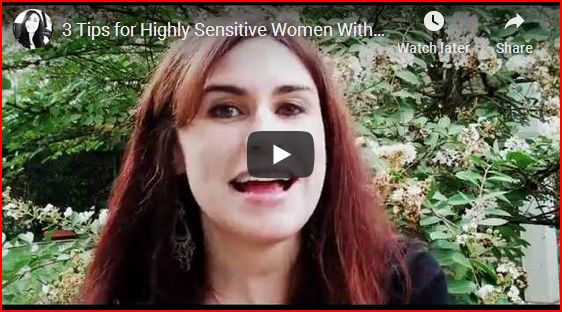What is Mindfulness?
Mindfulness is a word we’re hearing increasingly often, because of its value for managing a variety of physical and mental health problems. However, what does being mindful mean and how can mindfulness help us attain greater wellness? Understanding Mindfulness The principle of mindfulness comes from Buddhism and was designed to help followers understand themselves, train their minds for the better, and free themselves of unhelpful thoughts that hold them back. It is possible to do this by focusing on our thoughts, feelings, and environment in the present moment, without distraction to the past or future, and not judging the way we think or feel. There are four main aspects of mindfulness:











